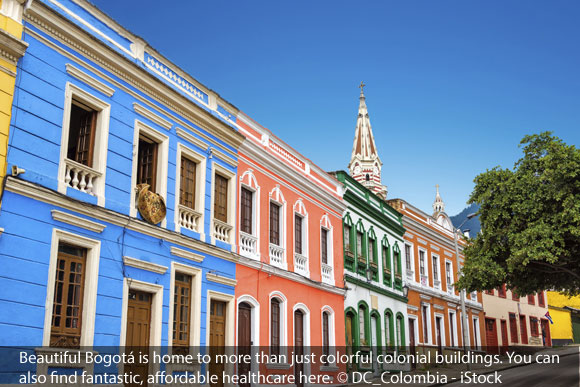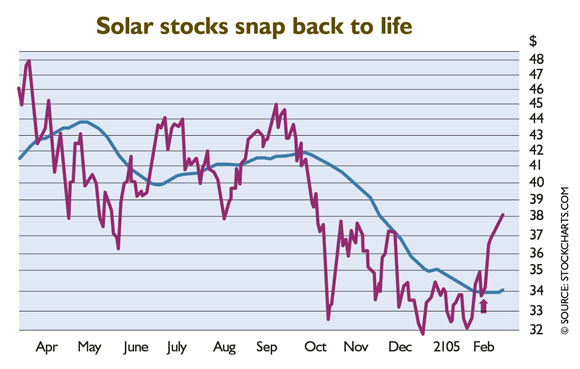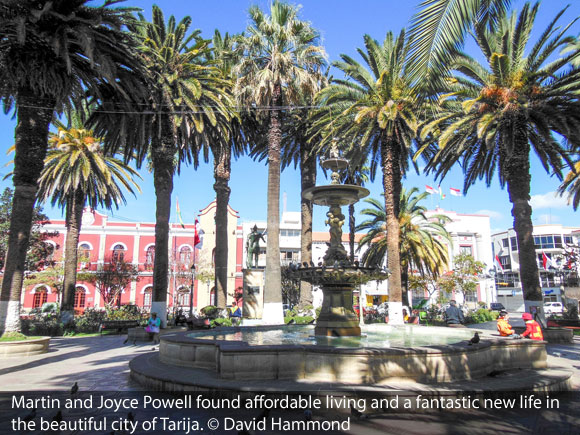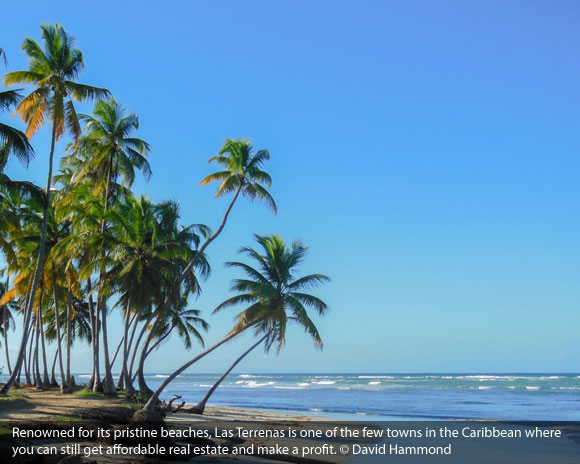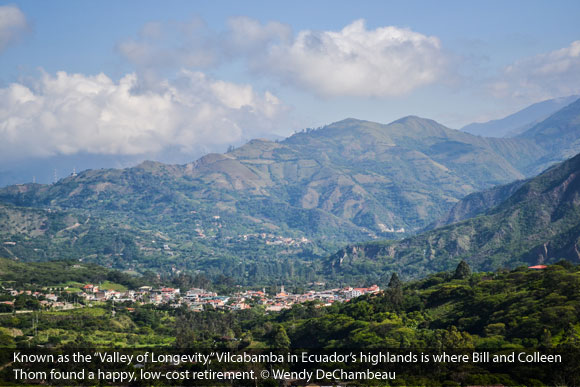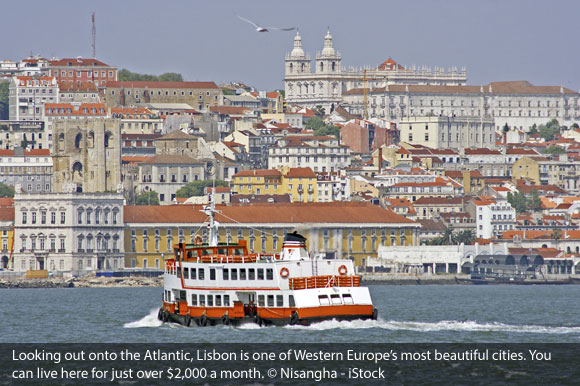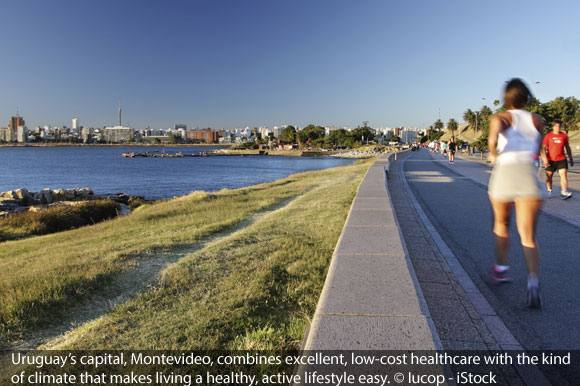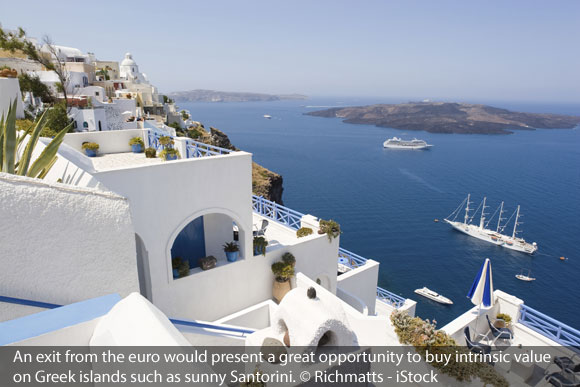
Welsh Pubs and Street Dancing
In Western Australia, April marks the return of the majestic whale sharks to Nimbaloo Marine Park. This is a perfect time of year to snorkel with these gentle giants— the largest fish in the ocean. If behemoths of the deep aren’t your thing, there’s plenty more for you to do at the Surfer’s Paradise Festival, on the country’s Gold Coast April 3–18. You’ll find a wide array of food, street performers, art, music, and other entertainment to cater to all tastes… and all of it free of charge. April also rings in the Buddhist New Year. In Malaysia this is marked by the Songkran Festival (April 12–14), which also serves to celebrate the country’s Siamese community. Rivers and beaches in the state of Kedah are ornamented with sand temples, called stupas, which are then washed away by the tide.

